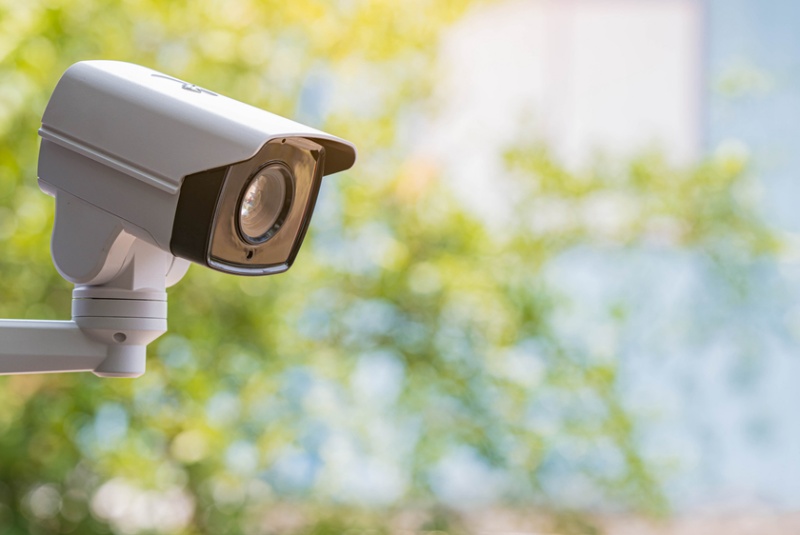Purchasing a car, be it new or used, is a significant investment, and the choice can be overwhelming due to the wide variety of models, makes, and types of vehicles available. The right car should not only meet your financial ability but also cater to your lifestyle, needs, and preferences. Here are some important factors to consider when choosing the perfect vehicle for you.
Understanding Your Needs
The first step to making an informed decision is understanding your specific needs. Are you looking for a family car with enough space for kids and groceries, or are you in search of a compact, fuel-efficient vehicle for city commuting? Perhaps you need a rugged SUV for outdoor adventures or a luxurious sedan for business needs. Reflecting on your daily routine, lifestyle, and future plans can help identify the type of car that will serve you best.
Budget Considerations
Once you have identified the kind of vehicle you need, it's essential to set a budget. Budgeting extends beyond the initial purchase price. Remember to factor in other costs like insurance, maintenance, fuel, and possible financing rates. Pre-owned cars might have lower upfront costs but could come with higher maintenance expenses. On the other hand, electric or hybrid vehicles might be pricier initially but offer long-term savings on fuel and are environmentally friendly.

New vs. Used
Deciding whether to buy a new or used car is another crucial consideration. A new car comes with a warranty, the latest features, and the reassurance that it hasn't been mishandled. However, new cars depreciate quickly, and they are more expensive. Used cars, especially certified pre-owned ones, are more affordable and offer value for money, but they may carry risks such as hidden damage or potential future repairs.
Do Your Research
Take advantage of online resources to research potential cars. Compare models based on their specifications, prices, user reviews, safety ratings, and estimated cost of ownership. Tools like Kelley Blue Book and Edmunds can provide valuable insights. If you're considering a used car, get a vehicle history report to avoid surprises.
Test Drive
A test drive is a must. It gives you firsthand experience of how the car performs, its comfort, visibility, handling, and noise levels. It’s an opportunity to test features like the infotainment system, check for sufficient legroom and headroom, and gauge overall driving comfort.
Safety Features
Modern vehicles come with various safety features such as anti-lock braking systems (ABS), electronic stability control (ESC), backup cameras, automatic emergency braking, and more. While some features are now standard, others are exclusive to certain models or trims. Prioritize safety features relevant to your driving conditions.
Consider Future Resale Value
Cars are depreciating assets, but some depreciate faster than others. Brands known for their reliability and durability often have higher resale values. Consider this factor if you plan to trade in or sell the car in the future.
Seek Professional Advice
Last but not least, seek professional advice. Dealers, car experts, and even trustworthy mechanics can offer valuable insights. Be cautious about sales pitches and focus on unbiased opinions that align with your needs and budget.
Choosing the perfect car for you involves a blend of self-reflection, research, and professional advice. By considering your needs, budget, safety, and the vehicle's future resale value, you can confidently navigate the highways of decision to your ideal car. Happy motoring!




